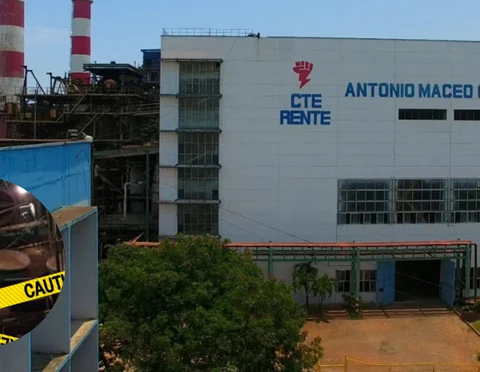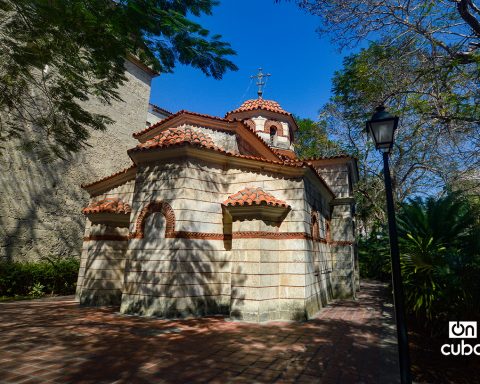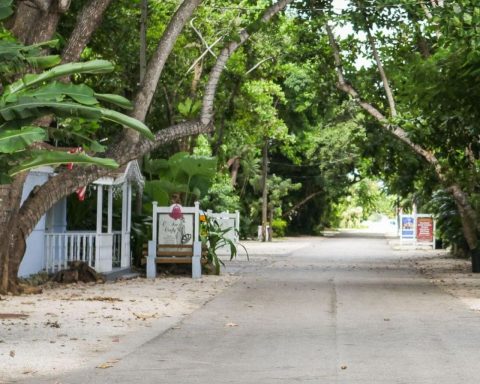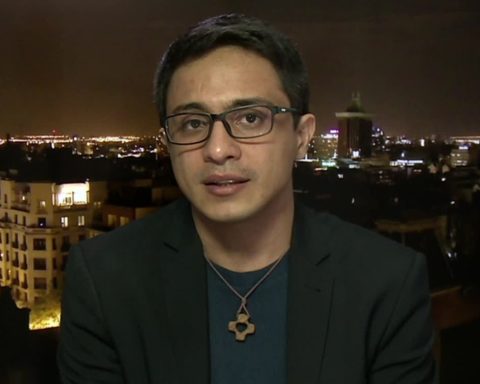Havana Cuba. — José Antonio Aponte Ulabarra, a black Creole, carpenter, carver, cabinetmaker, leader of the first national conspiracy against Spanish rule, was hanged on April 9, 1812.
Aponte, like José Martí, could not foresee that his name would be associated, in a pedestrian and vulgar way, with the defense of a regime and an ideology that are totally foreign to his vision of the world.
The Aponte Commission of the Union of Writers and Artists of Cuba (UNEAC), more than to honor that great man of the 19th century, was created as a maneuver by the government and the political police to, through related intellectuals, respond to the demands made since the 1990s by the opposition Racial Integration Committee (CIR), then led by Professor José Idelfonso Vélez.
Since its inception, the Aponte Commission has launched itself to wrest the issue of defending the rights of Afro-descendants from civil society. And it is that the organizations that the Castro regime calls “civil society”, fakers and brothels, simultaneously serve as an oxygen balloon and colostomy bag.
Pudibundos, prior authorization, a group of pro-government intellectuals presented the issue of racial discrimination to the UNEAC in 1997. Then, they had to wait twelve years, until 2009, to be able to found the Aponte Commission, and ten more years, until 2019, so that the National Program against Racism and Discrimination was born, whose government commission is headed by President Miguel Díaz-Canel.
Promoter of a folkloric image of Afro-Cuban identity that pleases the white ruling elite and European tourism, the Aponte Commission moves slowly and fairly slowly. The firm harness with which the Communist Party leads prevents freedom and depth of management, since it is already known that one thing wants the mule and another the muleteer.
The President of the Aponte Commission is the journalist Pedro de la Hoz, as well placed as Díaz-Canel himself.
Pedro de la Hoz and his deputies, Martha Bonet and Rolando Resoli, extol the figure of the communist dictators, while attacking the anti-racist organizations of the democratic opposition and hiding the Aponte Commission Program a year after it was approved.
As the saying goes, there is no worse blind person than the one who does not want to see. The members of the Aponte Commission do not ask the communist commissars to apologize for so much veiled or visible discrimination, among which stands out the destruction of The Bridge Editions and the avant-garde literary movement that he promoted, made up mainly of black writers (Georgina Herrera, Manuel Granados, Nancy Morejón, Gerardo Fulleda, among others) and all the reprisals suffered by the director of the publishing house, the poet José Mario Rodríguez, for the simple fact of being gay.
Of course, the Aponte Commission intends to pay tribute to some Abakuás who supposedly, in November 1871, tried to prevent the execution of the seven medical students. The Commission does not care that the names of those Abakuás are not known and that the event was not recorded in the newspapers of the time, so there are doubts about its veracity.
There is little left for the Aponte Commission to want to put a tarja before the Monument of President José Miguel Gómezunder whose government, in 1912, the massacre of the Colored Independents occurred.
The Aponte Commission promotes entrepreneurship Barbara’s Powerthe first Afro-descendant clothing brand in Cuba that assumes feminist and racial activism, in addition to the Afro-descendant Neighborhood Network, the Afro-descendant Women’s Network, and the Racial Unity Alliance socio-legal-cultural project.
Although there is only one Afro-descendant in the UNEAC high command, and among its presidents there is also only one, the Aponte Commission spends its time criticizing every racist problem there is in this world, while hiding ours, those of Cuba, which are no less.
The repression against civil society organizations —the independent, the real one— that fight racism is allowed by the Aponte Commission. Because if you are from unredeemed civil society, then there the reed plays three pieces.
State Security has already warned Jose Antonio Madrazo Luna and the young people from the Racial Integration Committee (CIR) who succeeded Professor Vélez as head of the organization: “The issue of racism and racial discrimination is not a matter for the opposition.”
OPINION ARTICLE
The opinions expressed in this article are the sole responsibility of the person who issues them and do not necessarily represent the opinion of CubaNet.















